How Does My Deaf Therapy provide telehealth services?
My Deaf Therapy is fully online. All you need is an internet connection and a videophone or computer. We’ll help you get started by connecting with one of our ASL-fluent therapists.
How do I connect with a therapist at My Deaf Therapy?
We offer nationwide telehealth services. After transitioning to telehealth during the COVID-19 pandemic, we found it to be a convenient, private, and accessible option for the Deaf, Hard of Hearing, and Deaf-aligned Hearing community. To connect with a therapist, simply reach out to us and we'll guide you through the process.
Which states does My Deaf Therapy cover?
We offer services in all 50 states and the District of Columbia. We provide support internationally as well.
Do you accept insurance?
We offer services in all 50 states. Yes, we are in-network with most major insurance plans, including Medicare. If we are out-of-network, we can set up a Single Case Agreement (SCA) for you. Contact us to learn more about your coverage options.
What is a deductible?
A deductible is the amount you need to pay for healthcare before your insurance covers the costs. We’ll help you understand your insurance details before starting therapy.
What if my insurance is out-of-network?
If your insurance is out-of-network, we can request a Single Case Agreement (SCA) with them. Many insurers approve SCAs for ASL-fluent therapy, covering sessions at in-network rates.
Is my confidentiality protected?
Yes, we prioritize confidentiality. Our therapists use secure, HIPAA-compliant platforms to ensure your sessions are private. We understand the importance of privacy within the Deaf community and follow all laws to protect your personal information.
Do you offer therapy for hearing family members or loved ones of Deaf individuals?
Yes, we offer therapy for hearing family members who are part of the Deaf community, including Kids of Deaf Adults (KODAs) and Children of Deaf Adults (CODAs). We understand your unique experiences and provide specialized support to foster understanding and connection within the family.
Talk to us today
*By providing a telephone number and submitting this form, you consent to be contacted by SMS text message. We do remind them that messaging and data charges may apply and that they can opt-out at any time by replying STOP and that HELP provides them more information. We also ask them to refer to our privacy policy on our website.

